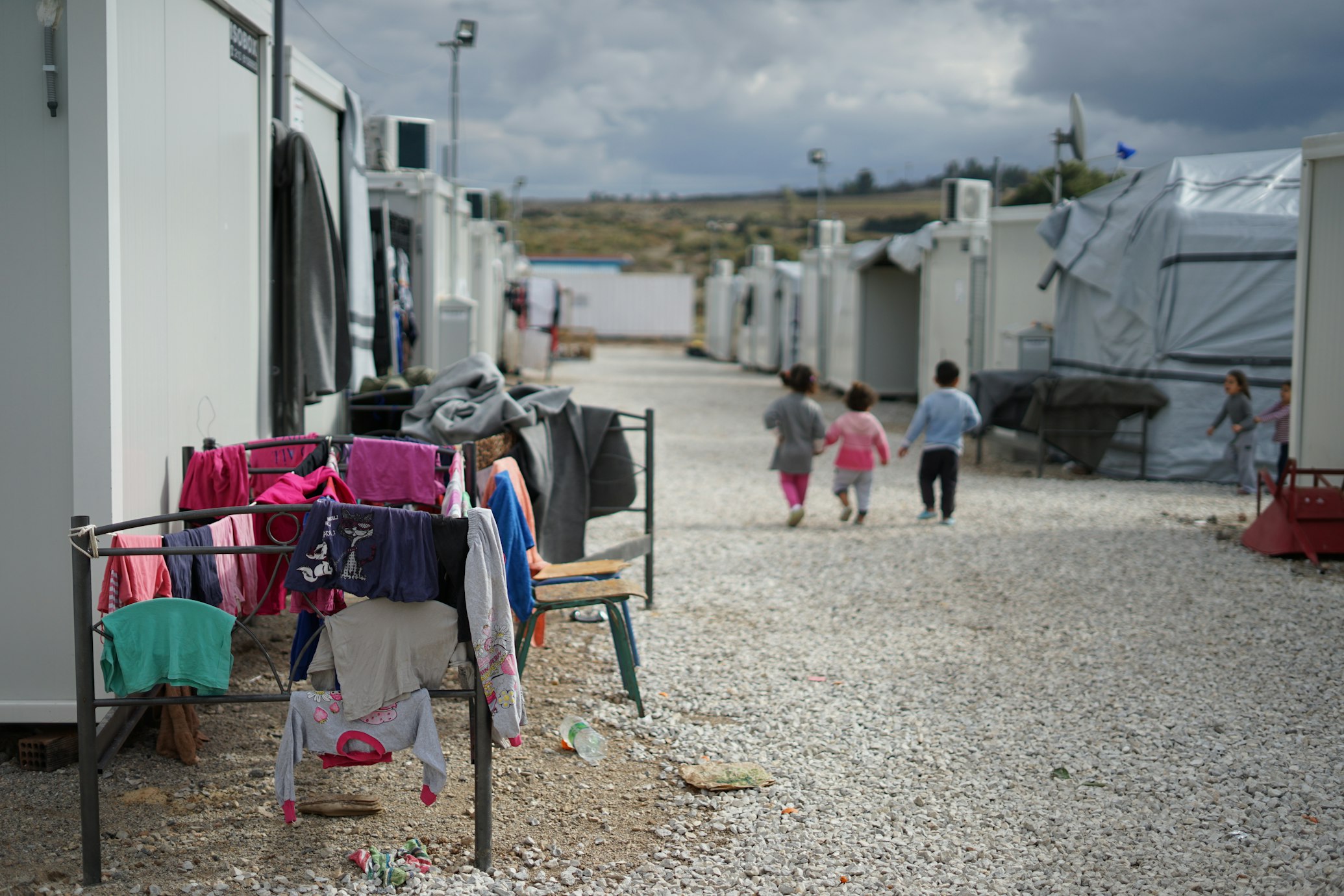Failing of Jamaica and the Implications for Germany

The island in the Caribbean has in fact little to do with a political development in central Europe. Late on Sunday evening news from the coalition talks in Berlin shocked the German population and beyond: 8 weeks of continuous and long coalition talks after the German parliament elections came to an abrupt end. The parties that attempted to form a so-called Jamaica coalition – the conservative party under Angela Merkel (CDU), the liberal party (FDP) and the Green Party (Die Grünen) – experienced severe difficulties to come to a consensus on the major political goals for the next four years. This was reason enough for Christian Lindner, head of the FDP, to publicly claim that his party will no longer be part of the coalition talks. According to him, not to govern at all is favourable to govern in the wrong way.
With the FDP leaving, the Greens and the CDU alone will not have a majority in the German parliament and can thus not form a governing coalition. German public and other countries began to wonder what would happen next, now that this attempt to form a government failed. This situation of failed coalition talks is unique in German history. There are three possible options of what could happen in the near future.
1) Grand Coalition
In the last legislative period, Germany was governed by this type of coalition. It is formed by the two major German parties, the CDU and the social democrats (SPD). Right after the election results were published two month ago, the head of the SPD, Martin Schulz, already declared that his party will not be part of the governing coalition in the next four years due to a massive loss of votes. Is it possible that he will reconsider now that without Jamaica no other option for majority formation except for the grand coalition remains? Certainly not. Before he was even asked by Merkel and her party if he would agree to coalition talks, he once again assured that his party will be part of the opposition.
2) New Elections
Several constitutional hurdles have to be overcome before new elections are possible. Normally having a passive role in the daily business of politics, the president of Germany, currently Frank-Walter Steinmeier, will obtain a key role in the next few weeks. He will have to suggest a chancellor candidate, most likely Merkel, if the SPD or FDP do not re-enter the coalition talks. The whole parliament will then vote and if she does not get an absolute majority (more than 50% of the votes) the parliament has 14 days to come up with a different candidate. Then they vote again and if the new candidate again does not obtain an absolute majority, they vote for a third and last time immediately after. This time, a simple majority (most votes) is sufficient for a candidate to win. The president of Germany then decides if he will have the winner form a minority government (see 3) or if he dissolves the parliament. The new elections will be held approximately 60 days after.
Merkel seems to be in favour of new elections and so is the German public. While 61% regret the failing of the Jamaica coalition talks, currently 51% want new elections. It does seem to be the most likely scenario, unless the parties can agree on further coalition talks or that the hurdles mentioned above prevent a new election.
3) Minority Government
A minority government is formed if the president decides to do so after the third round of chancellor elections in the parliament. It is, however, not likely to happen because Merkel and other leading politicians believe that a minority government would be too risky and too unstable. Given the importance of Germany’s role in the EU and other institutions, unpredictable decision-making or even the failure to come to an agreement in the first place does not seem to be an option for most people in charge.
For now, Germany will still be governed by the old grand coalition between CDU and SPD. The coming months will continue to be coined by political stalemate because the old government is not able to pass new laws and bills. This development is causing concerns internationally, especially in Paris. Macron depends on the support of Germany for his ambitious plans for the EU. In general, a deadlock in Germany could mean a deadlock in the EU.
Even though the next few weeks seem to be unpredictable, one aspect is certain: there is no guarantee that Germany will not find itself in the same situation again after new elections might have been held. The president advised all parties today to reconsider their choices. Indeed, it is necessary, both on a national and on the international level, that Germany is able to politically act again.



